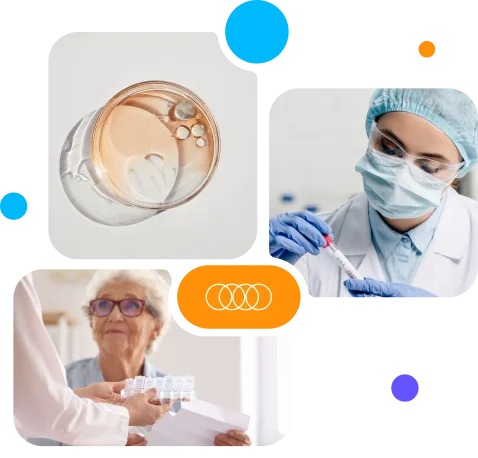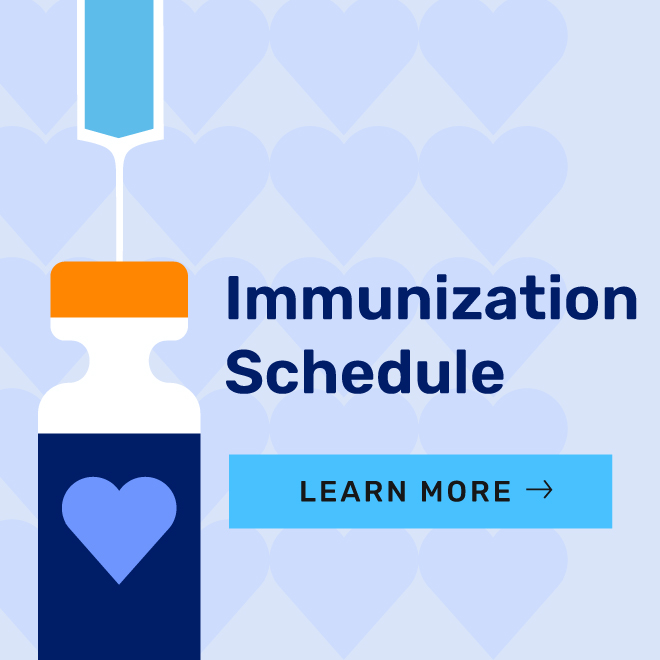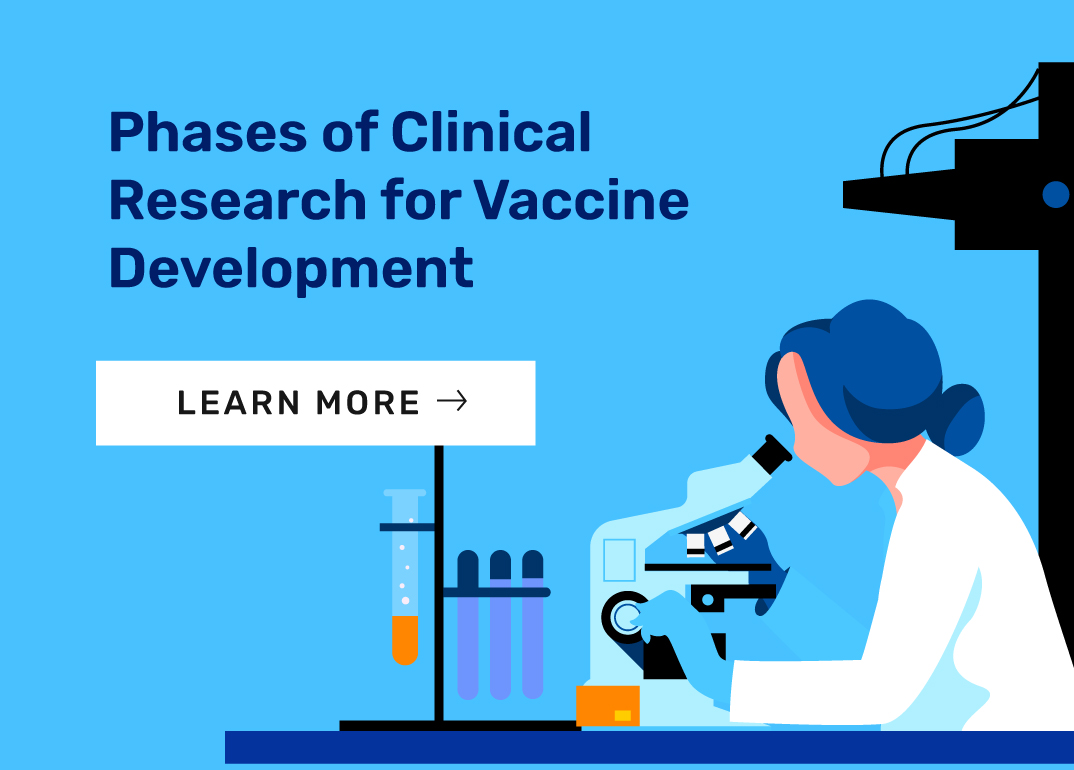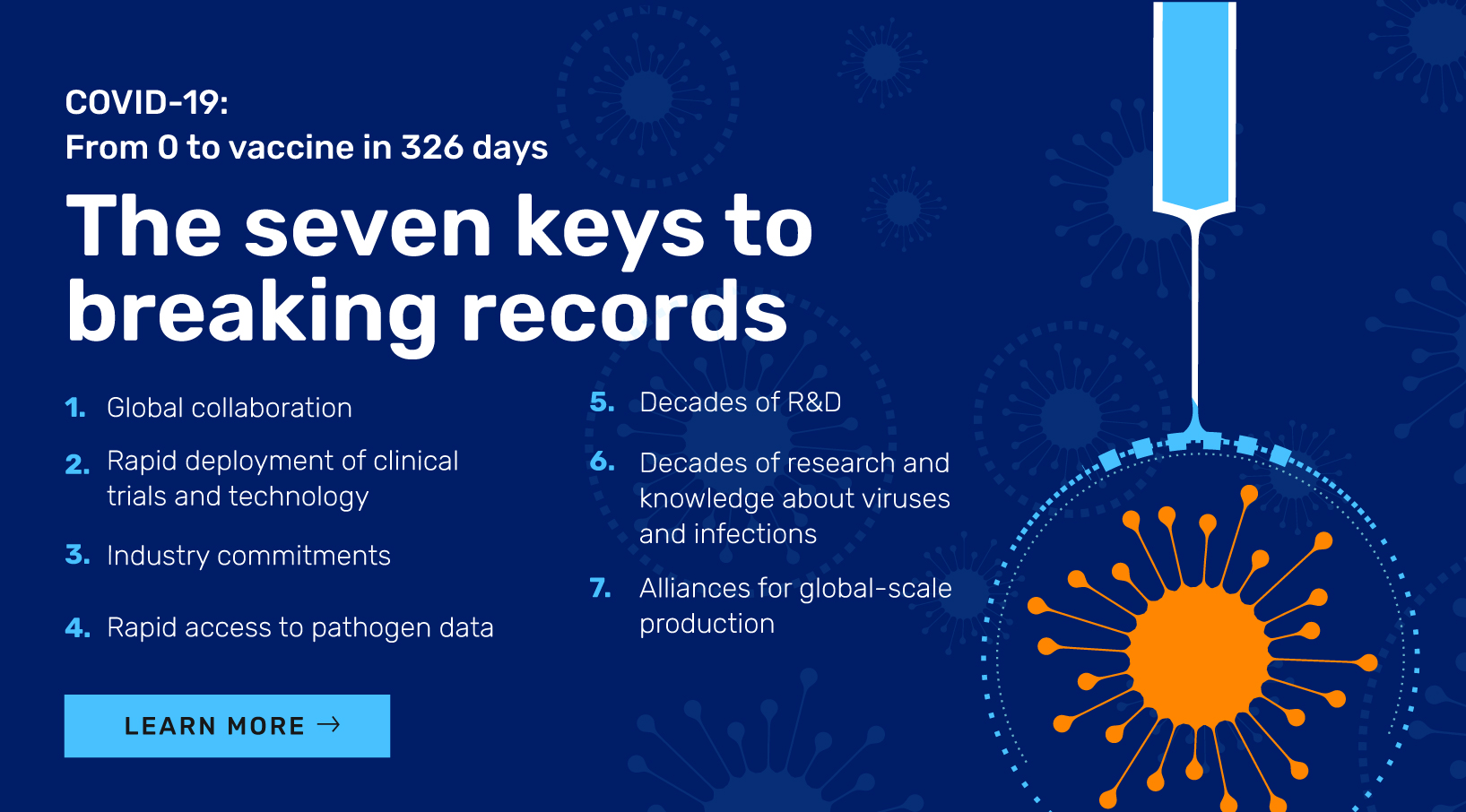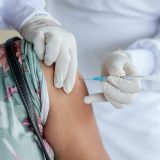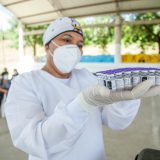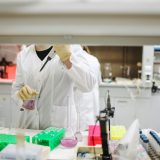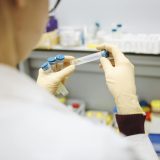Vaccines for life
Learn More About Vaccines
Planning a Healthy Life
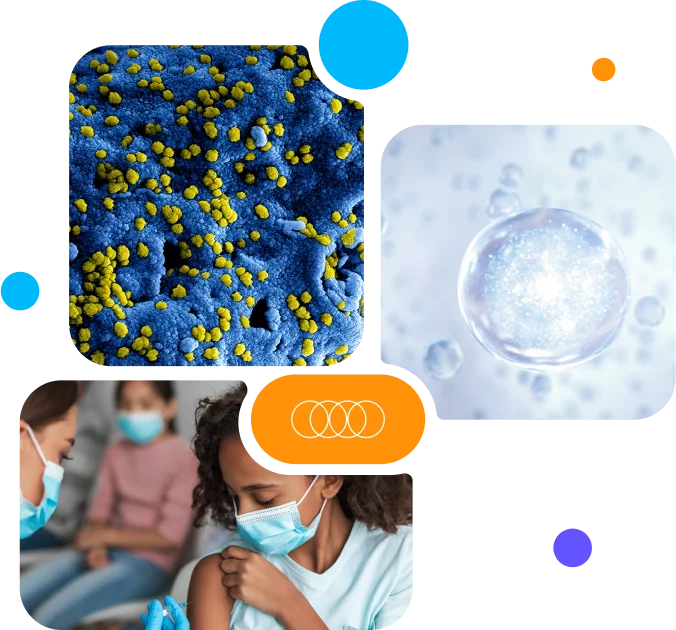
Vaccines activate the body's immune system to protect individuals against infections and diseases. Immunization builds resistance in the body, thereby preventing the occurrence of illnesses, disabilities, and even death.
Proper immunization throughout life is the best guarantee that people of all ages can develop their abilities, from the most basic ones like walking to exercising, learning, and working.
Lifelong Vaccination
By getting vaccinated, people not only protect themselves but also reduce the risk of transmitting diseases to others, including those who are more vulnerable, such as babies, the elderly, or individuals with weakened immune systems.
Vaccines are the safest and most effective method to protect us from debilitating or potentially fatal diseases such as polio, measles, or smallpox.
FREQUENT QUESTIONS
ImmunoResponses
Clearing Doubts
Frequently Asked Questions
Vaccination is a preventive process that introduces inactive or attenuated components of a pathogen into a person's immune system with the aim that the person learns to recognize and combat the disease without suffering from it. This process helps build immunity without the risks associated with natural infection.
Vaccines prevent a wide variety of infectious diseases, including measles, polio, diphtheria, tetanus, pertussis, hepatitis B, influenza, chickenpox, HPV, COVID-19, among others. Mass vaccination has successfully eradicated smallpox and drastically reduced the incidence of many other diseases.
Vaccines are safe and undergo rigorous safety testing in multiple phases of clinical trials before approval. Post-marketing surveillance continues to identify and mitigate any rare adverse effects. The benefits of vaccination significantly outweigh the potential risks, preventing severe diseases and complications.
No, gaining immunity through disease can be dangerous and potentially life-threatening! Vaccines provide immunity without the risks associated with contracting the disease because they contain only proteins or molecules from infectious bacteria or viruses. Therefore, they generate the necessary immune response to prepare your body in case it is ever exposed to the infectious agent.
No, a child's immune system can handle the recommended vaccines perfectly. Children are exposed to many more antigens daily through their natural environment!
No, the aluminum in vaccines is present in safe amounts and helps boost the immune response. Aluminum is also found in food and drinking water.
No, vaccines undergo rigorous safety and efficacy testing before approval. Rapid development processes, such as those used for COVID-19 vaccines, do not compromise the safety of individuals.
Vaccines can cause mild and temporary side effects, such as pain at the injection site. Serious side effects are extremely rare and are closely monitored.
While hygiene and nutrition are important, they do not replace vaccines. Vaccines are essential to prevent infectious diseases that cannot be controlled through hygiene and diet alone.
Consult trusted healthcare professionals, such as doctors and nurses, for accurate and evidence-based answers. Use recognized and accredited information sources, like the WHO website and other public health authorities, for up-to-date and reliable information about vaccination.
Teamwork and Scientific Knowledge Behind a Vaccine
Achievements and Contributions of the Pharmaceutical Industry

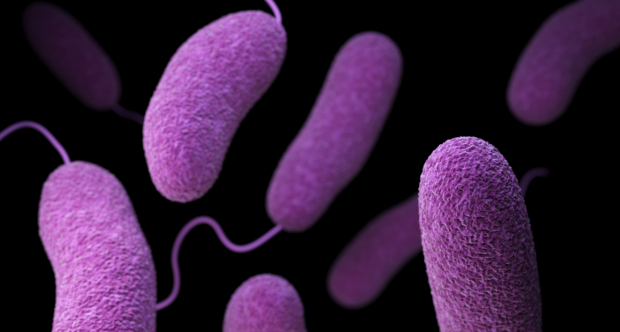
Innovation is the cornerstone of the pharmaceutical industry and is demonstrated through various lines of work such as:
- Increasing protection against more diseases and strains.
- Creating new formulations and combining vaccines to make them more accessible.
- Exploring new technologies that enhance vaccine performance and offer more durable protection.
- Developing vaccine technologies that facilitate increased production or rapid production changes to address new variants or other viruses with pandemic potential.
The pharmaceutical industry has been a cornerstone in the fight against diseases through immunization. Its achievements and contributions extend beyond production.
Keeping Trust in Vaccines
Quality, transparency, and consistency in communication have been essential to maintaining public trust in the benefits of vaccines.
Acting responsibly beyond development
Our responsibility does not end with product development. It involves overseeing the entire process: from research to educating the public about the importance of vaccination.
Working as a team with all stakeholders in the ecosystem
We collaborate with governmental entities, healthcare professionals, governments, academia, and NGOs for the success of immunization programs.
Committing to patient safety
Each vaccine undergoes rigorous trials and post-marketing monitoring to ensure its safety and efficacy.
Learning from the lessons provided by COVID-19
The pandemic demonstrated the industry's ability to respond to health emergencies, developing solutions at record speed.
VIDEOS & MULTIMEDIA
Your Voice Matters
Learn more about the importance of lifelong immunization.
VACCINES
Gigantes Encapsulados #SVA2024
VACCINES
Partners in Vax #SVA2024
VACCINES
Compas En Vax #SVA2024
Protection is in your hands.

The health and well-being of our children are priorities in any family or caregiver's life. In a world where infectious diseases can appear at any time, it's essential to take every possible precaution to protect our little ones.
Together, we can ensure a healthier and safer future for the next generations. Let's not allow preventable diseases to jeopardize their potential and their future.
Vaccination is an act of love and responsibility!
Misinformation and fear can cause many people to hesitate to get vaccinated. Trained professionals have the knowledge and experience to debunk these fears and provide evidence-based information. By doing so, they not only protect the individual health of their patients but also strengthen herd immunity.
Each patient is unique. By advocating for vaccination and providing clear, evidence-based information, we play an essential role in building more resilient and healthier communities.
